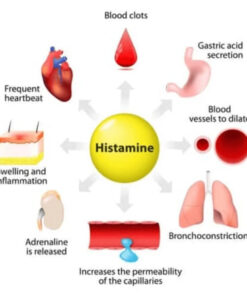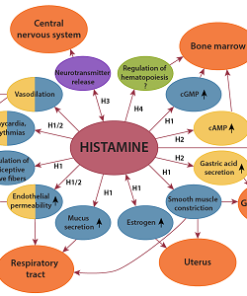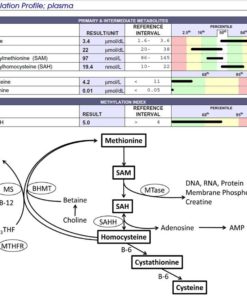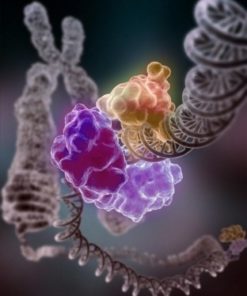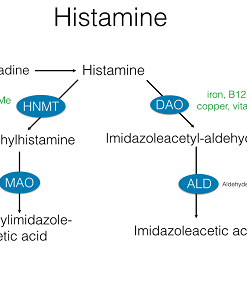Comparing LDN Therapy, DAO Improvement, and Methylation Support for Histamine Overload
How Low Dose Naltrexone (LDN) Therapy Can Help Alleviate Symptoms of Elevated Histamine
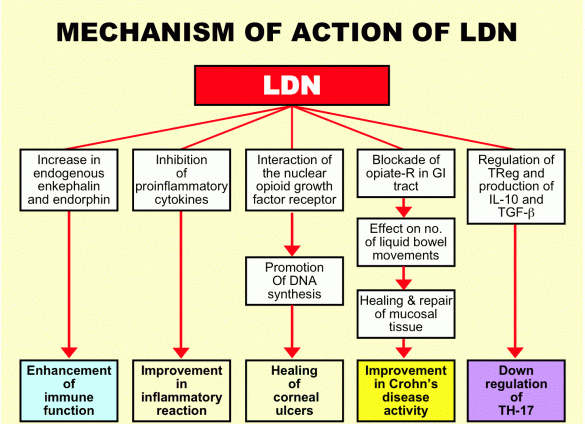
LDN is a pharmaceutical drug that is typically prescribed off-label for the treatment of various inflammatory conditions, including histamine intolerance. The medication is a low-dose form of naltrexone, which is a medication that is commonly used to treat opioid addiction at higher doses.
In contrast to the standard dose of naltrexone, which is typically 50 mg per day, LDN is typically prescribed at a much lower dose, usually ranging from 1.5 mg to 4.5 mg per day. This low dose is thought to be effective in reducing symptom severity in chronic conditions such as fibromyalgia, Crohn's disease, multiple sclerosis, and pruritus associated with systemic sclerosis.
The mechanism of action for LDN is not fully understood, but it is thought to work by attenuating inflammatory processes in the body. It is also believed to suppress microglial activity, which may reduce pain and other symptoms of fibromyalgia.
LDN is generally well-tolerated, with mild side effects such as headache, nausea, and dizziness reported in some patients. It is important to note that LDN should only be taken under the supervision of a healthcare provider, as it can interact with certain medications and may not be appropriate for everyone.
Improving DAO Levels for Histamine Overload
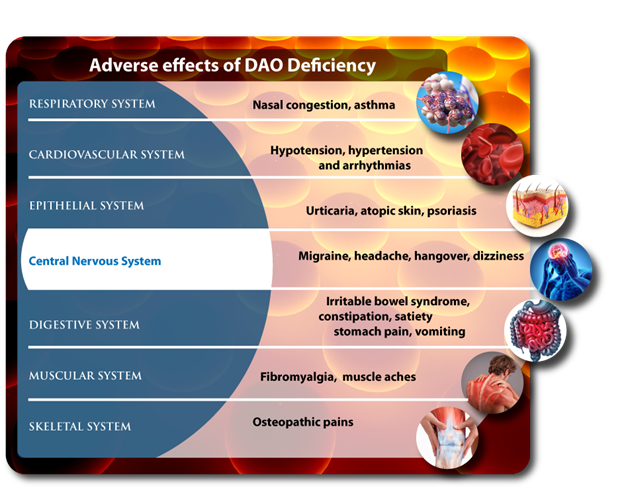
DAO, or diamine oxidase, is an enzyme produced in the small intestine and kidneys that breaks down histamine. When histamine levels rise, DAO works to break down the excess histamine in the body. However, if DAO levels are low, histamine can accumulate and cause a range of symptoms, including headaches, skin rashes, and digestive issues.
There are several supplements that can be taken to improve DAO levels and reduce histamine overload. These supplements include:
- Vitamin C: This antioxidant helps to activate DAO and also plays a role in the production of collagen, a protein that strengthens the gut lining.
- Vitamin B6: This vitamin helps to activate DAO and is also involved in the metabolism of histamine.
- Copper: Copper is necessary for the production of DAO and can help to increase DAO activity in the body.
- Zinc: Zinc is involved in the production of DAO and can also help to support the immune system and reduce inflammation.
By improving DAO levels and reducing histamine overload, individuals may experience relief from symptoms such as headaches, skin rashes, and digestive issues. This can lead to an improved quality of life and better overall health.
It is important to note that while supplements can be helpful in improving DAO levels, it is also important to address underlying issues that may be causing histamine overload, such as gut dysbiosis or food sensitivities. Working with a healthcare practitioner to identify and address these issues can be an important part of reducing histamine overload and improving overall health.
Methylation Support as a Potent Treatment for Symptoms of High Histamine
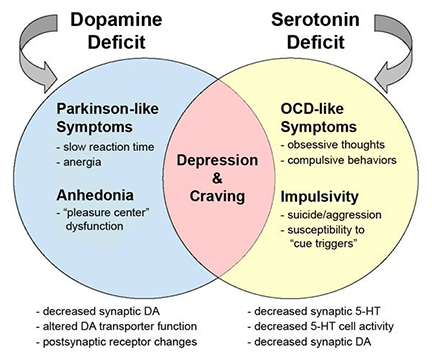
Methylation is a crucial process in the body that involves the transfer of a methyl group (CH3) to various molecules, including DNA, proteins, and neurotransmitters. Methylation plays a vital role in regulating gene expression, detoxification, and neurotransmitter metabolism. When it comes to histamine intolerance and MCAS, methylation can be a valuable tool in managing symptoms and addressing underlying imbalances.
As mentioned earlier, there is a correlation between high histamine and undermethylation. Undermethylation occurs when the body doesn't produce enough methyl groups to support these crucial processes. In turn, this can lead to elevated levels of histamine, which can cause a range of symptoms, including anxiety, depression, and digestive issues.
One of the primary ways methylation supports individuals with high histamine is by regulating the activity of neurotransmitters like serotonin and dopamine. These neurotransmitters play a significant role in mood, behavior, and cognitive function. By downregulating the production of the serotonin and dopamine reuptake promoters, SERT and DERT proteins, methylation can help to increase the availability of these neurotransmitters and improve mood and cognitive function.
In addition to regulating neurotransmitter activity, methylation can also help to support liver transsulfuration detoxification. This is especially important for individuals with high histamine, as toxic overload can exacerbate symptoms and make it more challenging to manage histamine levels.
Overall, methylation support can be a valuable tool in managing histamine intolerance and MCAS. By addressing underlying imbalances and supporting crucial processes like neurotransmitter metabolism and detoxification, methylation can help individuals with high histamine to better manage their symptoms and improve their overall health and well-being.
Educational Posts on Methylation
Useful Methylation and Histamine Testing Labs
Walsh Approach Single Tests
Walsh Approach Test Panels
Walsh Approach Test Panels
Methylation Test Panel – Whole Blood Histamine & Homocysteine

